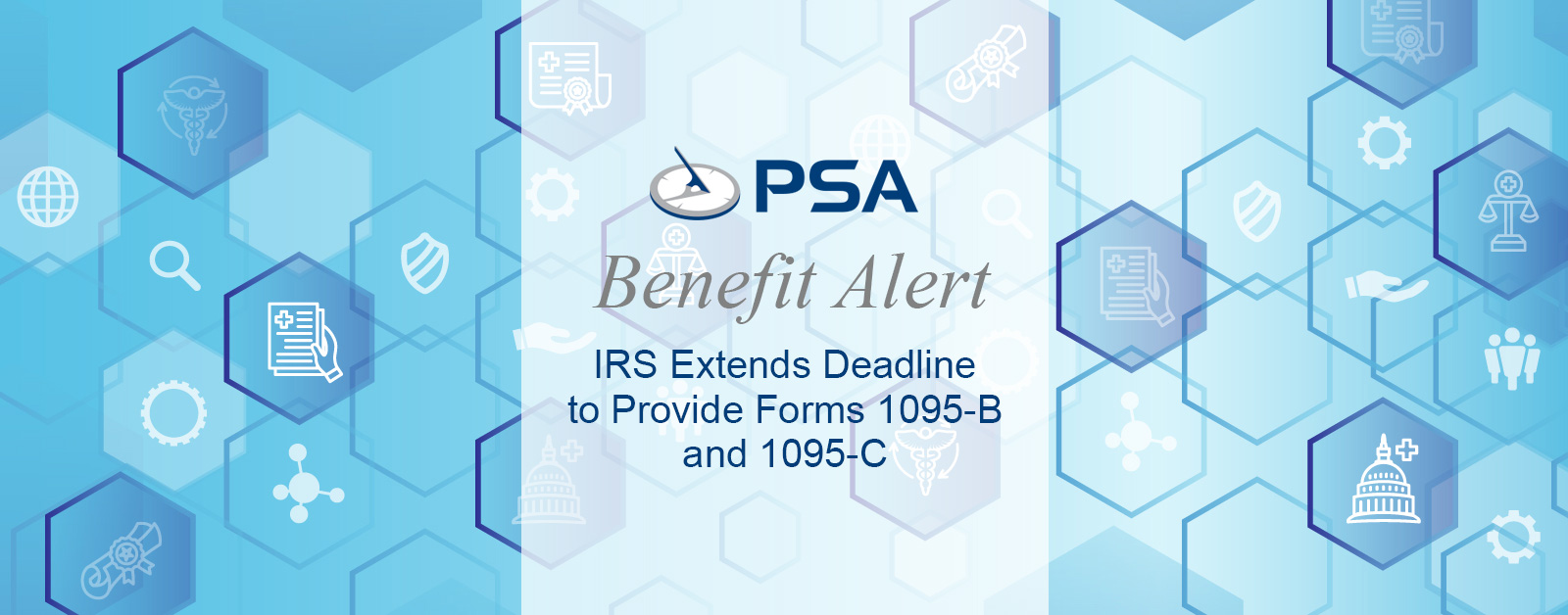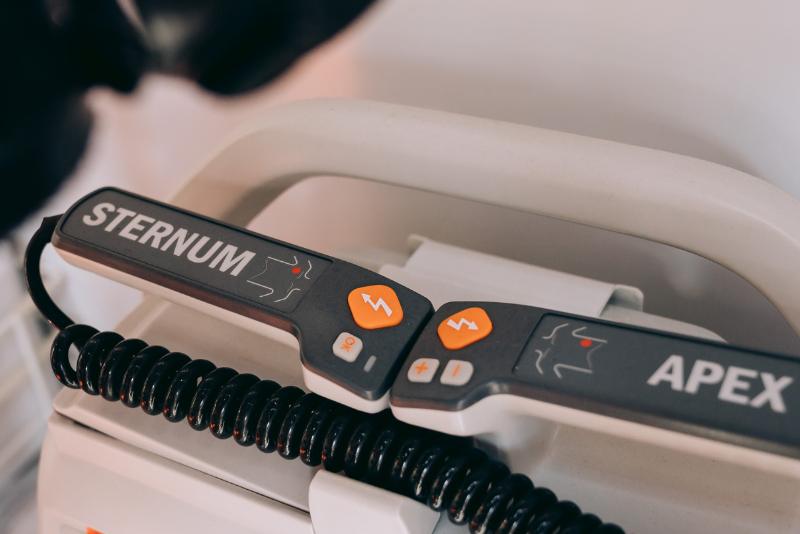On October 2, 2020, the IRS issued Notice 2020-76 which provides ACA reporting relief similar to what has been granted in prior years. There are strong indications in the Notice that this will be the last year the relief is given. The IRS had previously requested comments on the relief for furnishing the forms to individuals and received very little input. They suggest that the relief will not be granted in future years unless commenters explain why it continues to be necessary.
First, the due date for furnishing Form 1095-B and Form 1095-C to participants has been extended from January 31, 2021 to March 2, 2021. The Notice does not extend the Form 1094-B and Form 1094-C filing date with the IRS, which will remain at February 28, 2021 for paper filers and March 31, 2021 if filing electronically. However, reporting entities who need additional time to file are able to request an extension from the IRS.
Second, since there is no federal individual mandate tax penalty, Notice 2020-76 states that the IRS will not impose a penalty for entities that do not automatically provide a Form 1095-B (reporting enrollment in minimum essential coverage) to enrolled individuals if 2 requirements are met:
- The reporting entity (generally an insurer) posts a notice prominently on its website stating that an enrolled individual may receive a copy of the Form 1095-B upon request.
- The reporting entity must provide the Form 1095-B to any enrolled individual who requests one within 30 days.
While this relief means that the reporting entity will not have to automatically furnish the Form 1095-B to enrolled individuals, the files to create the forms will still have to be produced in order to:
- meet an enrolled individual’s request for a form and
- make the required filing with the IRS by the applicable deadline
For large self-insured plans that provide a Form 1095-C to report an offer of coverage, Part III of the form (which lists enrolled individuals by month) must still be completed. Due to the penalty relief described above, an employer does not have to automatically provide a Form 1095-C to an individual who was not a full-time employee for any month of 2020 (e.g. under 65 retirees, COBRA participants, self-employed individuals). However, a Form 1095-C for these enrolled individuals will still have to be included in the IRS filing.
Finally, the Notice again extends the availability of transition relief for employers who fail to report correct or complete information on their returns so long as the entity can demonstrate a good faith effort to comply with the reporting requirements. This relief will continue to apply to missing and inaccurate taxpayer identification numbers and dates of birth along with other required information on the returns. In determining good faith, the IRS will take into account whether an entity made reasonable efforts to report the required information to the IRS and furnish it to employees and covered individuals. Importantly, in Notice 2020-76, the IRS has stated this is the last year they intend to provide this transition relief. Therefore, employers and other reporting entities should carefully review and document procedures for future reporting to ensure it will contain accurate information that is furnished in a timely manner.




